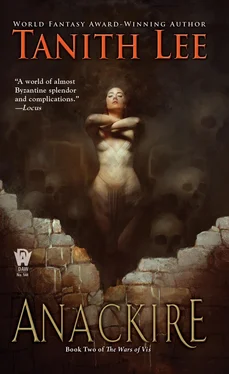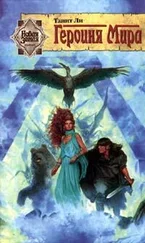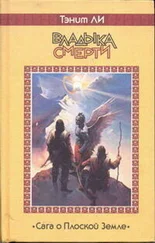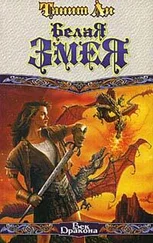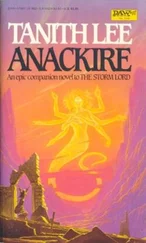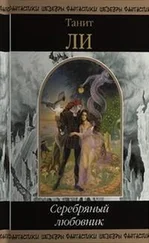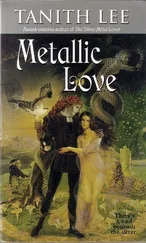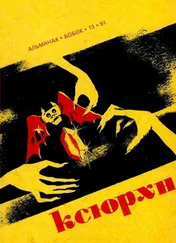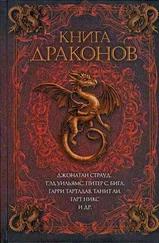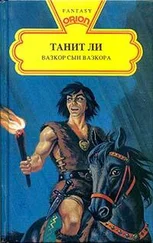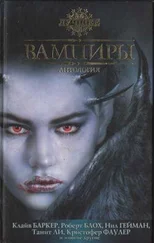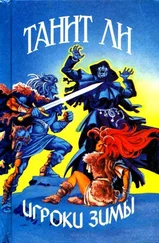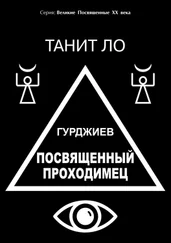Kesarh began to walk forward. He looked unaltered, but his wariness had now increased.
He was thirty paces away when Suthamun called out again in the peculiar tone.
“Kesarh, I received ill news today. Ill news.”
It flashed through Kesarh’s brain that his own messenger and the secret rider of the King had passed each other on the road; that Val Nardia had already denied the invitation back to court and here the denial was, about to be thrust at him, an accusation dressed as a regret, maybe a request that he persuade her otherwise.
Suthamun now came toward him in turn. His face was puckering, swollen with consternation. The crowd about the room was noiseless, all eyes and ears. “Ill news,” Suthamun repeated, yet again.
Kesarh stopped and waited.
“I’m grieved to learn it, Sire.”
“Alas. Your grief, your grief for sure. Word came to us not two hours ago, from Ankabek. Your sister—” the voice rang, hesitated.
Kesarh went on waiting.
“Your sister, the Princess Val Nardia, is dead.”
Those closest to Kesarh saw his color go, like light blown out in a lamp. That was all. He said nothing, and then the King reached him, took his hand, in commiseration.
The murmur went round, and round again, and ended.
The King said loudly, “It offends me to add to your burden, but there it is. Val Nardia hanged herself. She was with child— She slew both herself and it. The goddess alone knows what possessed her.”
They had been speaking in Shansarian, of course.
It seemed to Kesarh as if he had never learned that tongue, and now sentences were delivered to him without meaning. Yet the room had faded to smoke, the floor disintegrated, gone. This then was why, the nothingness, the death of the nerve, the nightmare at Xai—
As if he had no control of his mind, a chain of creatures stole across it. A little child, laughing, a young girl singing, blushing, combing her hair, a young woman with her mouth yearning toward his, her arms locked about him.
It should be possible to leave this place. But it was not possible. The deceptive smoke was treacherously full of people. An enemy gripped his hand, exalting. Now one must show decorous, suitable anguish. Nothing more.
She had hanged herself. Val Nardia. And a child, their—his child—
Probably his hands were cold, cold as the hands of certain men before they must kill another. Suthamun would feel the coldness in the hand he had taken. But the hand was also still. It did not tremble.
Kesarh returned the pressure of the King’s palm.
“My lord,” he said. His voice was eloquent, subdued, as ever excellently pitched. He had not, after all, forgotten the Shansarian language. “You show me too much care of me, taking it on yourself to bring me these tidings. I don’t deserve your kindness. For my sister, I knew nothing of a child, nor do I know why she should do this to herself. The goddess has her now. Val Nardia is with Her, in Her all-cognizant forgiving arms. My sorrow will last my lifetime. I can scarcely express, my lord, how your solace, extended toward me at such a moment, moves me.”
They whispered all about him in the smoke. He could have smiled. Suthamun let him go. Kesarh knew his eyes had not left the eyes of the King. Kesarh knew that his eyes shouted louder than the King’s histrionics. Let Suthamun read what he liked there. Soon it could no longer matter.
She passed like music through the air, her pale gown reflecting in a polished floor, her blood-red hair.
She passed with flowers, ten years old, her little breasts already blooming through her dress, a doll trailing from her hand. “Kesarh, where are you? I couldn’t find you.”
Val Nardia.
He drank wine with them, and went to eat with them. He ate. He discussed other topics, rationally. They gave him margins for his seemly grave distress. They condoled, they praised her beauty, and he thanked them with great courtesy.
He wanted to tear them apart, scraps of skin, bits of bone.
It would be seemly also to beg the King’s leave to retire early, but not too early. She was a woman, not even his wife or mother, less than a comrade, father, brother, son—Though perhaps he had lost a son, too, did they but know it.
At exactly the correct time, he begged leave, got it, and left.
In the second black hour of morning, Rem came to the doors of the new apartments. He showed the soldiers, two of the Sevens, Kesarh’s authorization, and got himself let in. Rem had gone too long in a saddle and too long without sleep. He had become sure he was also too late, yet the impetus of the attempt not to be, failed to let up until he knew.
Arriving in the first chamber, he found out. Lamps still burned on their stand, describing the shards of a smashed wine jar. Against the wall a girl huddled, the Xaian girl, Berinda, her cow-calf eyes all unquestioning misery. She said nothing. Rem moved to the inner door and knocked. There was no sound. Rem opened the door and walked through, and presently into the bedchamber.
There were no lights here, only the moon coming in through the window. Against that, the straight male outline of Kesarh was immediately to be seen.
“It’s Rem, my lord.”
“I know it’s Rem. You wouldn’t have got in past the guard if you were anyone else. They don’t fall asleep. None of you do, after ten lashes.”
The voice was the same, constant. “My lord, I tried to reach you before the King—”
“I’m sure you did.” There was a pause. Kesarh said, “Where did they bury her?”
Rem could be sure of nothing. He was too tired to be able to assess. It had to be told.
“My lord, did anyone mention there was a pregnancy?”
“Yes. They mentioned that.”
“The priests there, they think they can bring it to term.”
Kesarh was silent, immobile.
“Somehow,” said Rem, “they’ve preserved the body. They claim they can preserve her till the baby’s grown, then birth it. It’s some kind of drug-witchery. Probably lies. It looked real enough, as if it might happen as the woman said.”
“All right,” Kesarh replied, as if everything that had just been related were feasible. But then, “I’ll go there. He’ll expect me to, be pleased, think I’m no holiday in grief, idle—I’ll see to it. You did what you could. Get out now.”
“My lord. Did you understand—”
“No. It’s gibberish like everything else. Get out.”
“My lord—”
“By the nonexistent stinking pits of Aarl get out. Go straddle your whore-boy or eviscerate your shrew of a mother. Anything. Away from me.” Kesarh had hardly lifted his voice, but he had turned. There was a piece of the smashed jar in his hand and he was working his fingers around and around it, fluid showing dark, wine or blood. The moon gave just enough illumination. He was crying. Not couthly, detached as his stance and his diction had been, but messily and completely as a child.
Rem backed a step, recollected, and turned round to walk out of the door.
As he shut it, he heard Kesarh briefly laugh, despising him.
In the end, no one investigated Ankabek. The King, it seemed, wished to keep Kesarh near him, to comfort and sustain the Prince. Suthamun gave no sign if Kesarh’s resilience annoyed him. The King had learned the game, or thought he had, and played it now with all the interest of an intriguing hobby.
Kesarh did not speak of Val Nardia in public, in private did not ask again for her burial place, or query the tale of Lowland witchcraft, the hypothesis of a child growing in the stasis of a live-dead womb. The King’s own messenger had been given some notion of a modest stone marking her ashes, near the temple precinct. To the worshippers of the goddess suicide was neither a sinful nor an honorable recourse. No stigma had added itself. For a minor female aristocrat sufficient had been done.
Читать дальше
